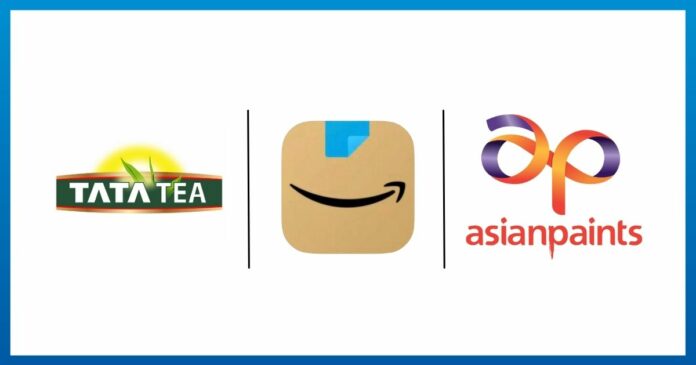The paradigm-shifting edition of the 2021 edition of the annual BrandZ India report has been released by Kantar and it presents 2021’s Most Purposeful Brands in India.
Consumers trust these brands and believe that they lead with a sense of purpose to make everyday lives better. It exhibits the companies that have taken a daring social stance, as COVID-19 showed the need to do more than focus on profits alone.
The findings value brands on the environmental, social, and governance criteria, along with factors such as valuations and earnings growth.
Across Technology, Non-FMCG and FMCG categories, Amazon, Asian Paints, and Tata Tea emerge respectively as the most purposeful leaders in India.
In the Technology ranking, Amazon is followed by Zomato, Youtube, Google and Swiggy united in fourth place, closely followed by Flipkart. Telecom brands dominate the Non-FMCG rankings. Jio and Samsung are together in second place, followed by MRF, Tata Housing, and Airtel.
India’s biggest names figure in the FMCG category. Tata Tea is followed by Surf Excel, Taj Mahal, Maggi, and Parachute jointly in the fourth position, followed by Britannia.
Kantar’s BrandZ data has shown how brand value is gleaned from the three core pillars of growth. Meaningfulness, Difference, and Salience. There is a changed expectation among the populace that a brand should stand for something more than just making profits, even though the fundamentals of brand-building remain the same.
An analysis of 418 brands conducted by Kantar across 30 categories found that in India, the ability of a brand to ‘make people’s lives better’ is important when establishing a brand’s Meaningfulness and thus boosting chances for growth.
The 2021 Kantar BrandZ data for India, along with consumer sentiment tracking has revealed some patterns in what Indian consumers consider ‘Purposeful’ in 2021.
Some of the key highlights are:
- Communicating purpose is critical.
- Everyday convenience contributes to brand purpose. Tech brands have been able to expand and showcase a wide range of products, as well as enter new categories at a time when consumers were craving for at-home and delivery solutions.
- FMCG brands are trying to take a social stance by reducing their carbon footprint. By scoring high in brand purpose they have shown that purpose and profit can go hand-in-hand.
- Market strategies are being embraced by Non-FMCG brands that promote the brand beyond the function of product or service.
- Like many of their Asian counterparts, Indian consumers are also interested in sustainability.
Follow and connect with us on Facebook, LinkedIn & Twitter

